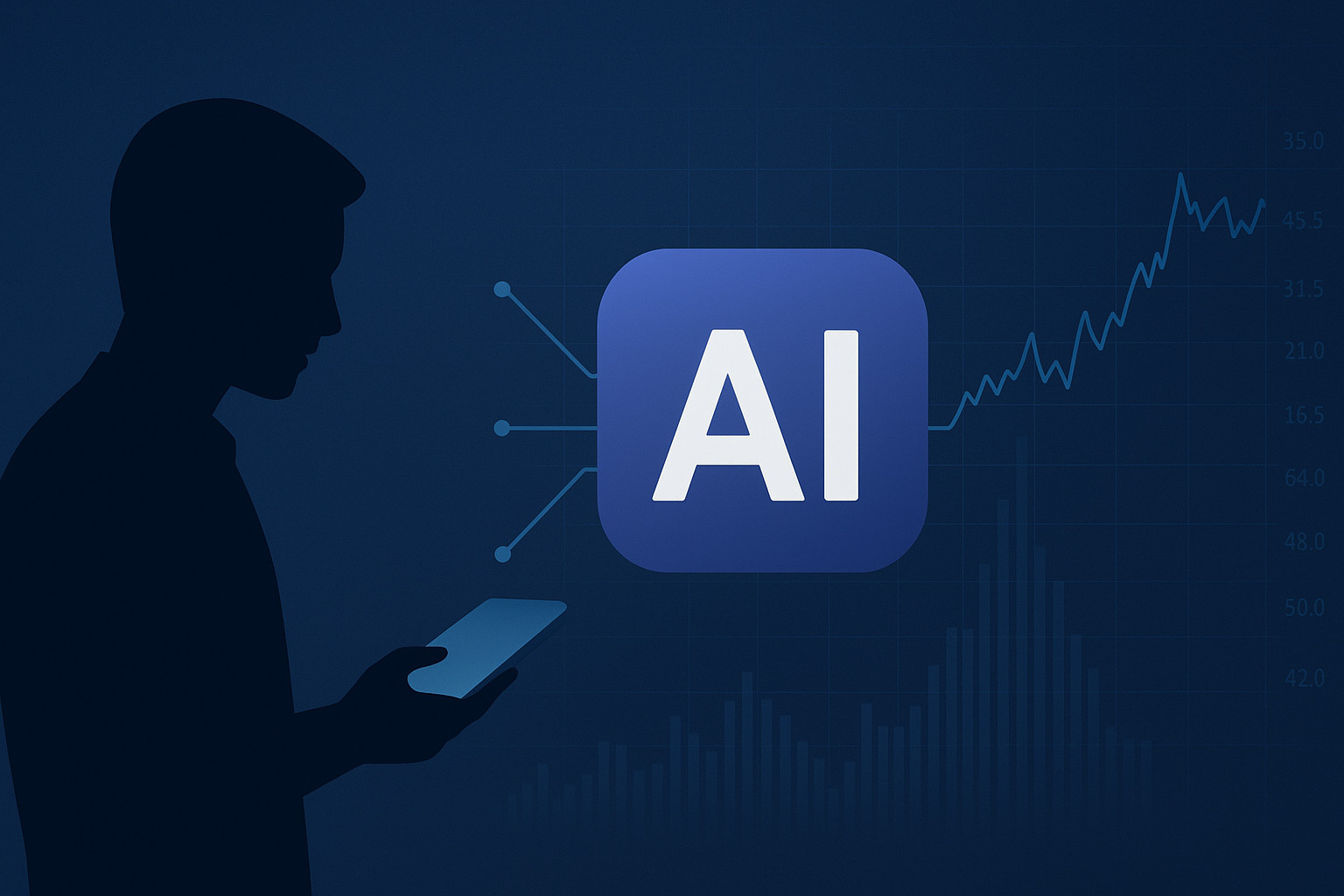ChatGPT stores user data, including email, IP address, browser and device data, and network information, following standard procedures for most online accounts. But what about the data from our conversations?
Conversations are officially stored for 30 days, unless marked as suspicious or offensive. OpenAI has the right to access and use conversations for system development, as agreed upon during registration. Although we can opt out of data usage and delete chat history, it’s important to note that OpenAI still has the opportunity to temporarily store the data.
Since its launch at the end of 2022, ChatGPT has garnered millions of users worldwide, serving various tasks and answering questions. However, there’s some uncertainty about who can actually read our conversations with ChatGPT. How private are these conversations, and should we be concerned about how they are stored?
Table of Contents
What Data Does ChatGPT Store?
When registering an OpenAI account, it’s not just our email address that matters. OpenAI records additional information, including IP address, browser type, device data, and network information. If we subscribe to ChatGPT Plus (a monthly subscription service, currently priced at $20+VAT in Hungary), our payment information is also stored. While not uncommon, it’s worth keeping in mind, especially if privacy is a priority.
What About ChatGPT Conversations?
According to OpenAI Data Controls FAQ, new conversations (including uploaded images) are kept in the system for 30 days before permanent deletion, unless they raise suspicion or concern. If OpenAI deems it necessary to monitor a user’s conversations for security reasons (such as suspicion of abuse), they will do so.
However, another FAQ from OpenAI states that ChatGPT conversations can be used by OpenAI for the development of their own systems. So, even if conversations are not flagged for violating OpenAI guidelines, they remain accessible and usable for development. OpenAI has pledged not to sell user conversations to third parties or use them for marketing and advertising, and they won’t create user profiles based on ChatGPT conversations.
Disabling “training” is a separate cybersecurity task, allowing us to unsubscribe from using our conversations for ChatGPT training. This is a feature within account settings. To opt out of training data collection, simply click on the three horizontal dots next to your profile name, go to “data controls,” and you’ll find a toggle to disable this function.
Deleting ChatGPT History
In addition to disabling training, we can also delete previous conversations. In the left sidebar showing chat history, click on the conversation you want to delete. On the right side of the chat title, you’ll see a small trash icon. Click on it, and a pop-up window will appear, asking if you’re sure you want to delete the conversation. Press the Delete button, and the conversation is removed from your profile.
If using ChatGPT through a smartphone browser, the process is slightly different. After logging in, touch the two horizontal lines in the upper-left corner of the page to view chat history. Touch the conversation you want to delete, and the three dots next to the conversation name will appear in the chat history list. Tap on this icon, and the option to delete the conversation will appear. ChatGPT will ask for confirmation before permanently deleting it.
Unwanted Gaze on ChatGPT Conversations
While OpenAI doesn’t use ChatGPT conversations for commercial purposes, it’s essential to remember that the company can review and use chat histories for checking abusive behavior and training the AI model. So, while we can’t prevent OpenAI from temporarily storing our data, we can delete our conversations and unsubscribe from training data usage.
6 Things Not Recommended for Using ChatGPT
- ChatGPT is not a secure channel for sensitive information.
- It’s not a reliable source for legal or medical advice.
- It doesn’t replace human decision-making or professional mental health support.
- It’s not a trustworthy source of truth.
- It shouldn’t be used as a therapist.
- It’s not ideal for complex mathematical problem-solving.
Limitations of ChatGPT Firstly, ChatGPT cannot access real-time or personal data unless explicitly provided during the conversation or through enabled ChatGPT modules. Without browsing enabled (which requires a ChatGPT Plus subscription), it generates responses based on learned patterns and information available up to the end of the training period in September 2021. While ChatGPT often produces coherent and relevant responses, it is far from infallible. Understanding these limitations is crucial for using ChatGPT effectively and avoiding potential misinformation.
Can AI Actually Lower Your Electric Bill? A Practical Guide to DIY Solar Planning
For years, the dream of “going solar” started with a pushy salesperson or a confusing af…
Top Free AI Tools in 2026
In the fast-evolving world of artificial intelligence, 2026 has brought a wave of innovative tools t…
How AI Can Help You with Online Trading in 2025
The Rise of AI in Online Trading The world of online trading has changed dramatically over the past …


